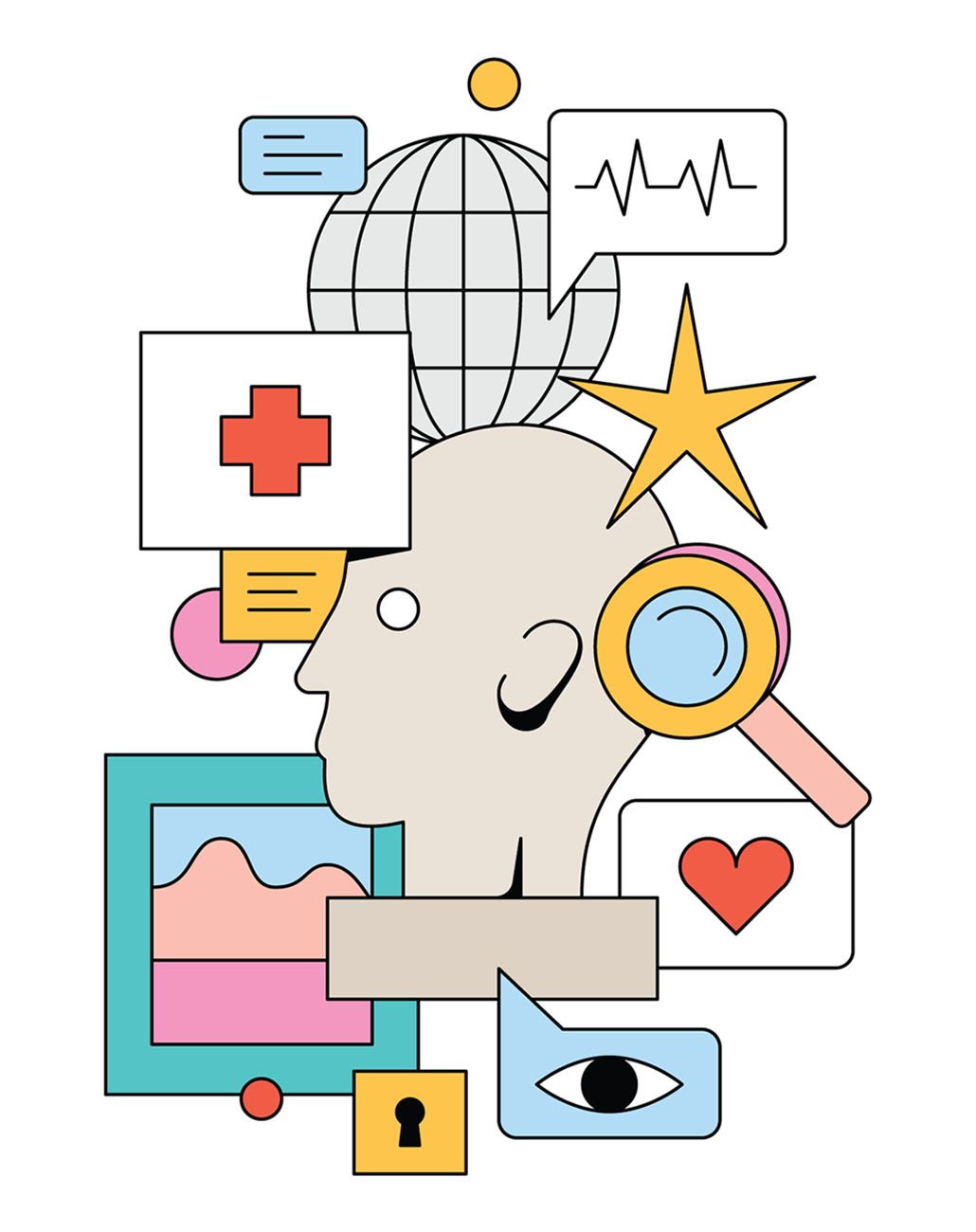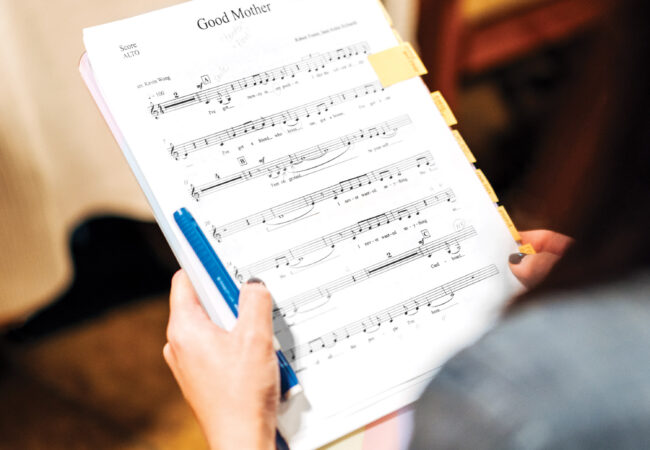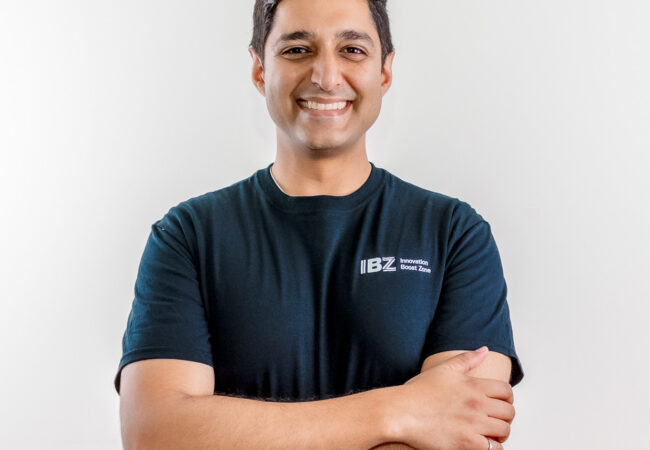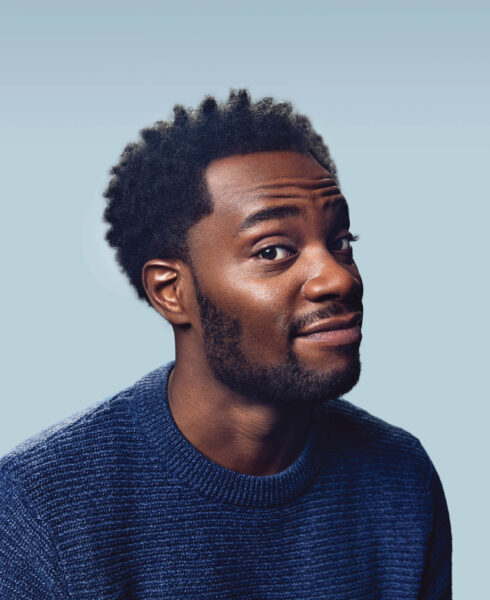Adam Dmytriw (Biology ’09) has always been in awe of the human brain. When it works properly, we take it for granted; when there’s a problem, it can be life-changing. So he took notice a year ago when he and his colleagues started observing something strange: patients with COVID-19 – even young people in seemingly good health – were suffering strokes at an unusually high rate.
“Some of the patients we see are quarantining in place, at home, for 14 or 21 days – and then suddenly they have a debilitating stroke, sometimes with nothing more than the sniffles prior,” says Dr. Dmytriw, who is currently based at Brigham and Women’s Hospital in Boston and is the Canadian lead for the North American Neurovascular COVID-19 Consortium.
The cause of these strokes remains a subject of active research, but Dmytriw suspects it involves the ability of the SARS-CoV-2 virus to attack the walls of blood vessels in a manner not typically seen with other coronaviruses. The consortium pooled data from a number of regions, and the results strengthened the apparent connection between COVID-19 and strokes. Their findings were published in the journal Frontiers in Neurology last fall.
“This is often how medical science works,” says Dmytriw. “We come across something that we admit we don’t fully understand; but we publish it so that it’s out there and the data is available to everyone. Then our peers can also come up with ideas about what’s happening.”
After graduating from Ryerson, he went on to do a master of science degree in immunology at Oxford, followed by Dalhousie Medical School, residency at the University of Toronto Faculty of Medicine, and further graduate work at Harvard in epidemiology. His name has now appeared on more than 100 peer-reviewed papers.
The pandemic has been disruptive for Dmytriw, as it’s been for everyone – but it’s also led to a merger of his two great passions: treating patients and researching complex medical conditions.
“There’s a temptation to think that because we’re physicians or scientists, we must be deeply logical, rational people,” he says. “And of course we make logical, rational choices for our patients. But when I fell in love with this field, it was an emotional decision, based on seeing the impact of the work on families and patients. We have the power to do so much good.”
Dmytriw still thinks fondly of Ryerson, which he says allowed him to cultivate his innate curiosity. His professors, including his research supervisor, Mario Estable, spurred him to tackle challenging problems head-on. “People at Ryerson encouraged me to dream big,” he says. In turn, Dmytriw has welcomed the chance to give back to the community; he was recently awarded the G. Raymond Chang Outstanding Volunteer Award for his mentoring of students through Ryerson’s Tri-Mentoring Program.





